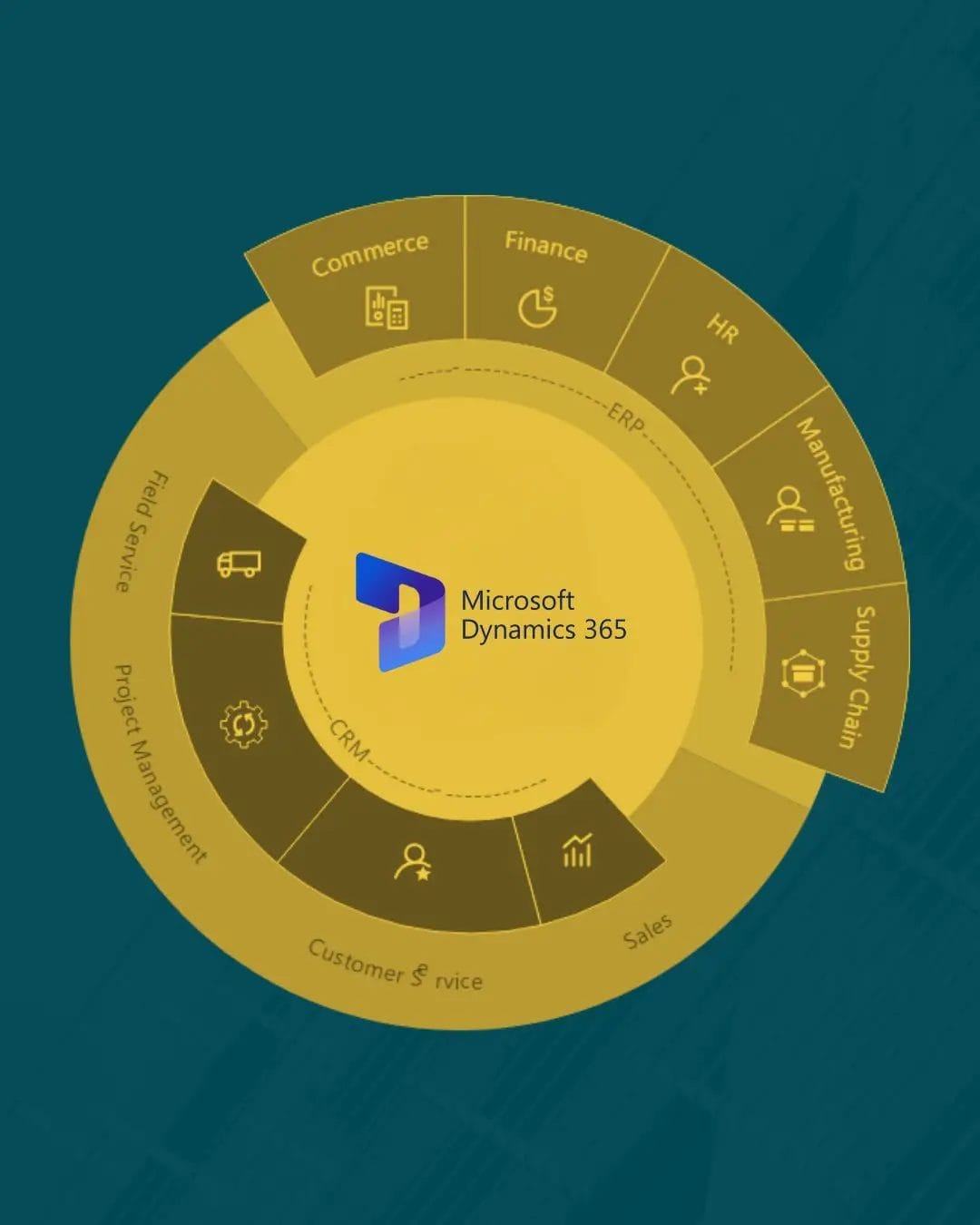A Guide to Microsoft Dynamics 365 Pricing and Licensing

A Guide to Microsoft Dynamics 365 Pricing and Licensing
Introduction to Microsoft Dynamics 365
Microsoft Dynamics 365 is a comprehensive suite of business applications that combines Customer Relationship Management (CRM) and Enterprise Resource Planning (ERP) functionalities. It is designed to help businesses streamline their operations, improve customer relationships, and drive growth. However, before implementing Dynamics 365, it is crucial to understand the pricing and licensing models associated with this powerful platform.
Understanding Microsoft Dynamics 365 Pricing and Licensing
Microsoft Dynamics 365 offers flexible pricing and licensing options to cater to the diverse needs of businesses. The pricing structure is based on a subscription model, where users pay a monthly or annual fee for access to the platform. The licensing options vary depending on the specific functionalities required and the number of users.
Dynamics 365 Subscription Plans and Pricing Tiers
There are several subscription plans available for Microsoft Dynamics 365, each tailored to meet different business requirements. The plans are categorised into two main categories: Customer Engagement and Unified Operations. The Customer Engagement plans focus on sales, marketing, and customer service functionalities, while the Unified Operations plans concentrate on finance and operations capabilities.
Within each category, there are different pricing tiers available, allowing businesses to select the most suitable option based on their specific needs and budget. The pricing tiers range from basic to advanced, with each tier offering additional features and functionalities.
Factors that Influence Dynamics 365 Pricing

Several factors influence the pricing of Microsoft Dynamics 365. Firstly, the number of users affects the overall cost, as businesses pay per-user license. Secondly, the specific functionalities required also impact the pricing, as more advanced features typically come at a higher cost. Additionally, the level of support and service required, such as technical support or training, can also influence the overall pricing.
It is important for businesses to carefully consider these factors and evaluate their needs before selecting a Dynamics 365 pricing plan. This ensures that they choose the most cost-effective option that aligns with their requirements.
Licensing Options for Microsoft Dynamics 365
Microsoft offers various licensing options for Dynamics 365, allowing businesses to choose the most suitable model for their operations. The two primary licensing models are User-based and Device-based licensing.
User-based licensing grants access to Dynamics 365 to individual users, regardless of the number of devices they use. This model is ideal for organisations with employees who require access to the platform from multiple devices, such as laptops, mobile phones, or tablets.
Device-based licensing, on the other hand, grants access to Dynamics 365 based on the number of devices. This model is suitable for organisations that have employees sharing devices or utilising kiosks where multiple users access the platform from a limited number of devices.
Comparing Different Dynamics 365 Licensing Models
When choosing a licensing model for Microsoft Dynamics 365, it is essential to compare the different options available. User-based licensing offers greater flexibility, as it allows individual users to access the platform from any device. However, it may be more expensive for organisations with a large number of users.
Device-based licensing, on the other hand, can be more cost-effective for organisations with a limited number of devices but a larger user base. However, it may limit the flexibility of users who need to access Dynamics 365 from multiple devices.
It is crucial to assess the specific needs and requirements of the organisation and consult with a Microsoft Partner to determine the most suitable licensing model for the business.
How to Choose the Right Dynamics 365 Licensing Plan for Your Business
Choosing the right licensing plan for Microsoft Dynamics 365 is a critical decision that can impact the effectiveness and cost-efficiency of the platform. To make an informed decision, businesses should consider the following factors:
- Business requirements: Identify the specific functionalities and features required for your business operations.
- Number of users: Determine the number of users who will require access to Dynamics 365.
- Device usage: Assess whether users require access from multiple devices or if device sharing is common.
- Budget: Evaluate the available budget and align it with the desired functionality and licensing options.
By carefully considering these factors, businesses can choose the most suitable licensing plan that optimises the value of Microsoft Dynamics 365 for their operations.
Tips for Optimising Your Dynamics 365 Investment

Once a business has implemented Microsoft Dynamics 365, there are several strategies to ensure maximum return on investment. Here are some tips to optimise the use of Dynamics 365:
- Training and adoption: Provide comprehensive training to users to ensure they understand the platform’s capabilities and can utilise them effectively.
- Customisation and integration: Tailor Dynamics 365 to match the specific needs of the business by customising modules and integrating them with other systems.
- Regular updates and maintenance: Stay up to date with the latest releases and updates from Microsoft to benefit from new features and security enhancements.
- Analytics and reporting: Utilise the reporting and analytics capabilities of Dynamics 365 to gain insights into business performance and make informed decisions.
By implementing these strategies, businesses can maximise the value of their Dynamics 365 investment and drive business growth.
Working with a Microsoft Partner for Dynamics 365 Pricing and Licensing
Navigating the complexities of Microsoft Dynamics 365 pricing and licensing can be challenging for businesses. That is why it is beneficial to work with a Microsoft Partner with expertise in Dynamics 365 implementation and support.
A Microsoft Partner can help businesses assess their requirements, select the most suitable licensing model, and optimise the value of their Dynamics 365 investment. They have the expertise and experience to guide businesses through the licensing and pricing process, ensuring a smooth and cost-effective implementation.
Carbon and Finch is an established Microsoft Partner that specialises in delivering high-quality Microsoft solutions for enterprises worldwide. With their first-class implementation and support capabilities for Microsoft Dynamics solutions, they are the ideal partner to assist businesses with Dynamics 365 pricing and licensing.
Conclusion: Dynamics 365 Pricing and Licensing that suits you
Microsoft Dynamics 365 offers a comprehensive suite of business applications that can transform the way organisations operate. Understanding the pricing and licensing models associated with Dynamics 365 is essential to select the most suitable plan for your business.
By considering factors such as the number of users, specific functionalities required, and budget constraints, businesses can choose the right licensing plan for their needs. Optimising the use of Dynamics 365 through training, customisation, and regular updates can further enhance the value of the investment.
Working with a Microsoft Partner like Carbon and Finch can provide expert guidance and support throughout the Dynamics 365 pricing and licensing process. Their expertise ensures businesses can make informed decisions and unlock the full potential of Microsoft Dynamics 365 for their operations.
Where Microsoft technologies meet expertise, Carbon and Finch deliver high-quality Microsoft solutions for enterprises around the world. Contact Carbon and Finch today to unleash the power of Microsoft Dynamics 365 for your business.




